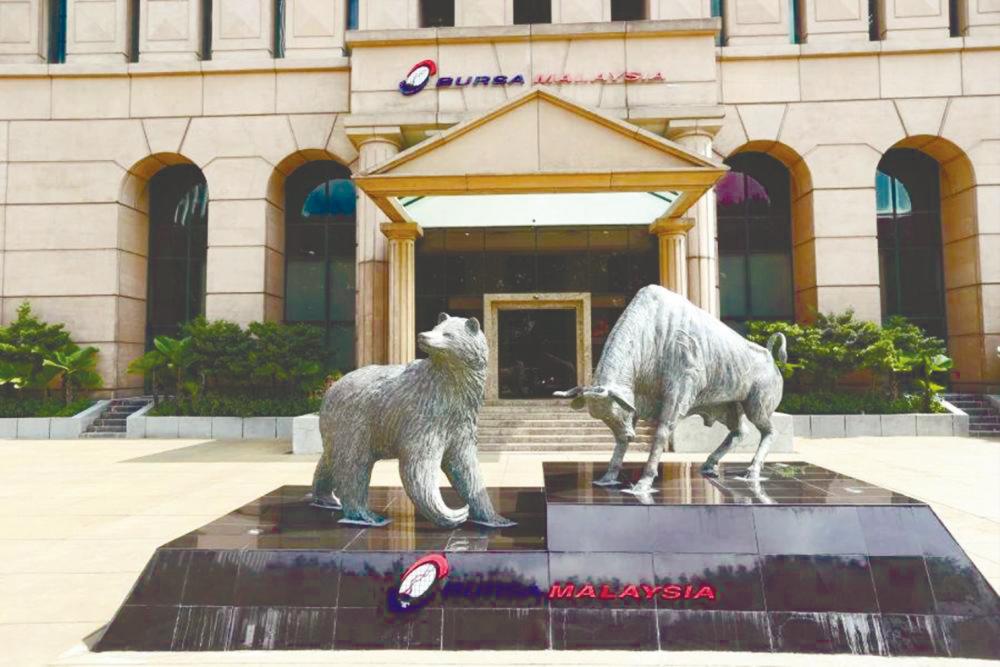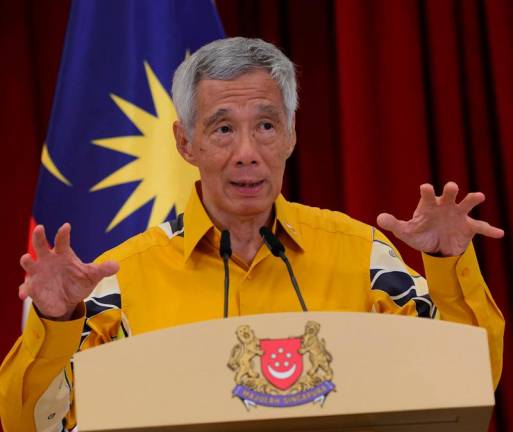PETALING JAYA: Bursa Malaysia’s benchmark index, the FBM KLCI, went on a roller-coaster ride in 2022 due to multiple factors including global recession fears, monetary policy jitters, China’s zero-Covid policy, Russia-Ukraine war and, not to forget, domestic politics.
In the first quarter of the year (Q1), the FBM KLCI ended 1.3% higher quarter-on-quarter at 1,587.36 points as Covid fears waned with plantation, financial services and construction the best performing sectors while technology was the main detractor.
According to Manulife Investment Management, markets then corrected up till the end of February but crumbled once again when Russia invaded Ukraine.
“Most markets had recorded double digit losses at the peak of the invasion. Fears of supply disruptions, especially within the commodity space, had enabled commodity exporting countries to record positive stock market gains,” it said.
In Q2, the FBM KLCI started strong, only to fade following the US Federal Reserve’s hawkish stance and remained low as Covid-19 Omicron variant infections peaked globally.
The Bursa benchmark index showed resilience up until May on the back of strong foreign inflows. It fell in June in tandem with the global selloff as growing inflationary and recessionary fears weighed on investor sentiment.
Up until June, the best-performing sectors were plantation and financial services, both of which were the favourites among foreign investors. The plantation sector was supported by strong commodity prices in the first five months of the year while the financial services segment is inclined to thrive in a rising interest rate environment.
In July, the FBM KLCI demonstrated resilience until the end of August, aided by the expectation of an earlier-than-expected Fed policy pivot following the release of a softer inflation report. During this period, market sentiment improved globally with Malaysia attracting strong foreign inflows.
Manulife said the local bourse tumbled in September as the expectation of a possible US Fed pivot was quashed as inflation levels remained high in August.
“Year-to-date September 2022, the only sector that generated positive return is the financial services sector, a sector that is inclined to thrive in a rising interest rate environment,” it said.
In addition, the Malaysian financial services sector is often seen as a proxy for foreign investors to enter and gain exposure in the local equity market.
The performance of the FBM KLCI was also affected by domestic political developments. In the fourth quarter, the index rebounded and showed some positive momentum with the formation of a new government after the 15th general election, which removed years-long political uncertainties in the country.
Looking at 2023, Rakuten Trade said the positive momentum is expected to continue with the index touching 1,800 points as indicated by encouraging signs from foreign funds despite the persisting uncertainties in the global economy.










